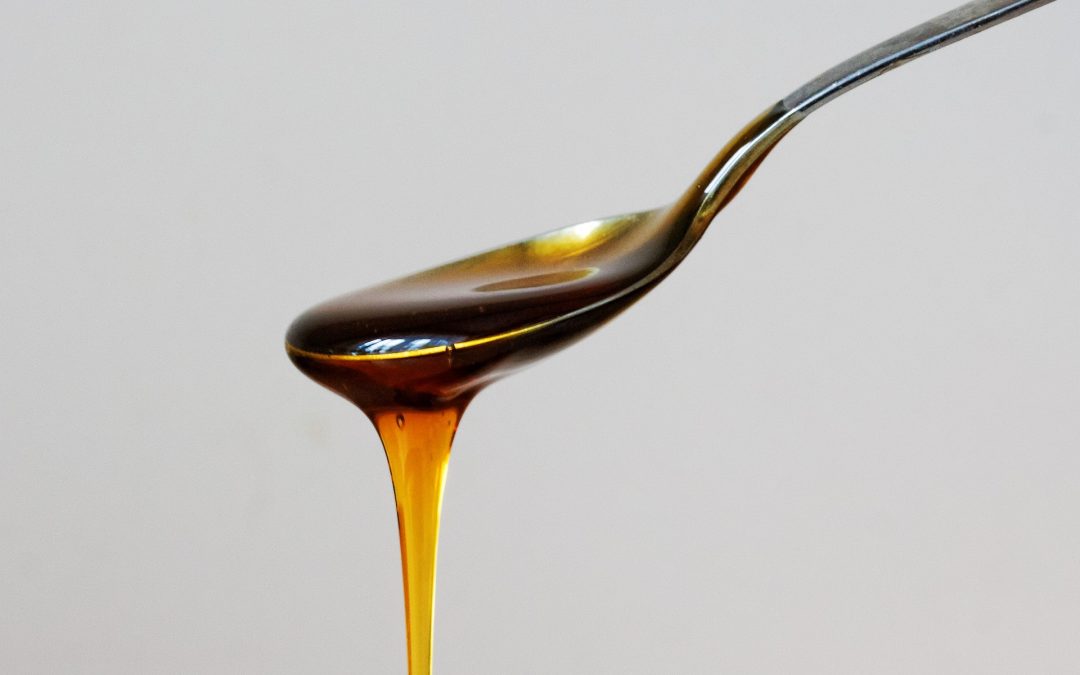
May 9, 2019 | Everyday Wellness
A new report from Sara Middleton, writing for www.naturalhealth365.com, tells of a peer-reviewed study in the journal Science Translational Medicine that is a bit scary. A substance called propionate (a salt from a short-chain fatty acid called propionic acid), which is commonly used as a preservative in baked goods to inhibit mold, increases insulin resistance–even at a “very low dose.” That’s bad news for us Type 2 diabetics, whose insulin resistance is already causing us problems. (But then, we should be frugal with baked goods in our diet, too!) The study, by Amir Tirosh, et al., was reported in the April 24, 2019, issue of the journal.

May 9, 2019 | Everyday Wellness
Additives are used to enhance the flavor, appearance, or texture of a food, or as a preservative. Some should be avoided, while others are considered safe. What are the most common ones, and what should be do about them?
MSG: Monosodium glutamate has raised a ruckus since 1969, when a study of mice found that large amounts caused harmful neurological effects and impaired growth and development. Since then, the controversial substance has been the subject of many studies, and many Asian restaurants have stopped using it. Jury is still out on it, but it’s probably best to avoid it.

Apr 18, 2018 | Everyday Wellness
If you’re one of those people who just can’t seem to lose weight (and many of us are!), it may be because you’re genetically addicted to fatty, sugary foods. Sadly, no magic serum can change your genetic code and stop these intense cravings. But there are ways you can keep yourself from overindulging.

Mar 21, 2018 | Everyday Wellness
Breakfast: It’s the most important meal of the day, and it could also be a key to living better with type 2 diabetes. New Israeli research indicates that a high-energy breakfast promotes weight loss, improves diabetic symptoms, and decreases the need for insulin. Academic researchers from Tel Aviv University presented the study at ENDO 2018, the 100th annual meeting of the Endocrine Society in Chicago. Their research shows that a diet that includes three meals a day—a big breakfast, average-sized lunch, and small dinner—had many rapid and positive effects in obese, insulin-treated type 2 diabetics. Positive results included more effective weight loss, less hunger, and better diabetes control with less insulin. “The hour of the day—when you eat and how frequently you eat—is more important than what you eat and how many calories you eat,” said lead study author Daniela Jakubowicz, M.D. “Our body metabolism changes throughout the day. A…




